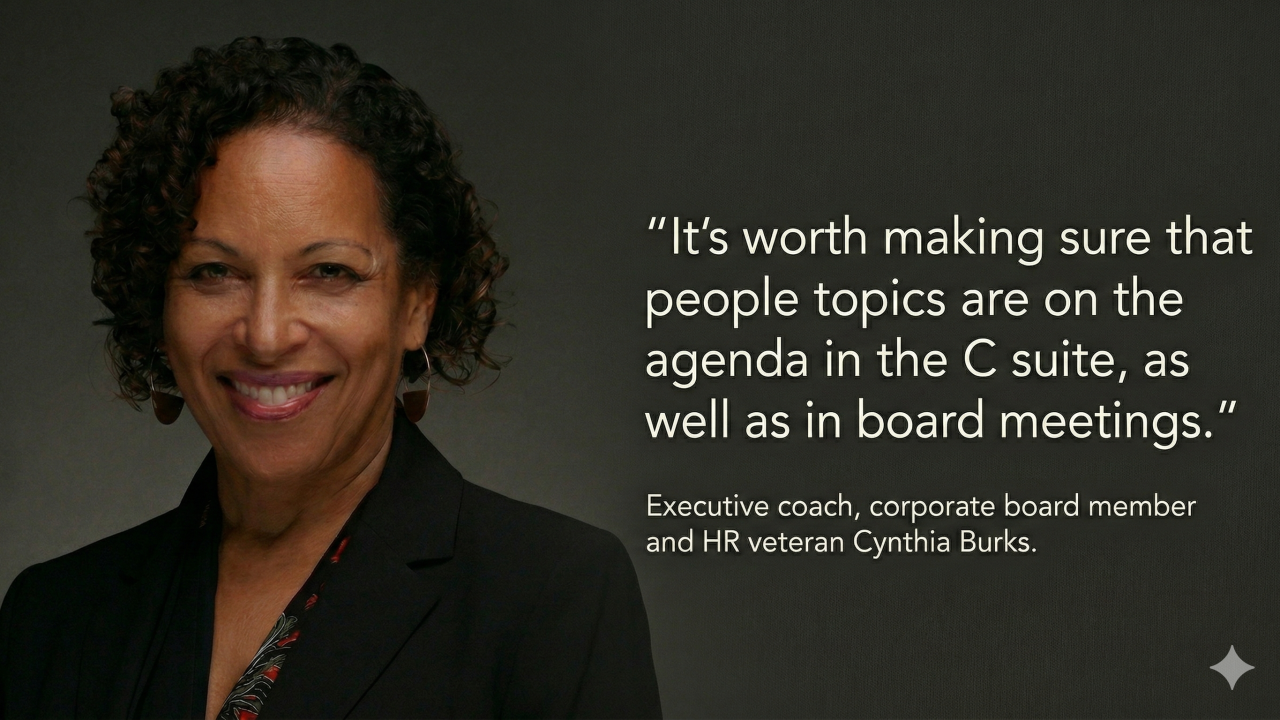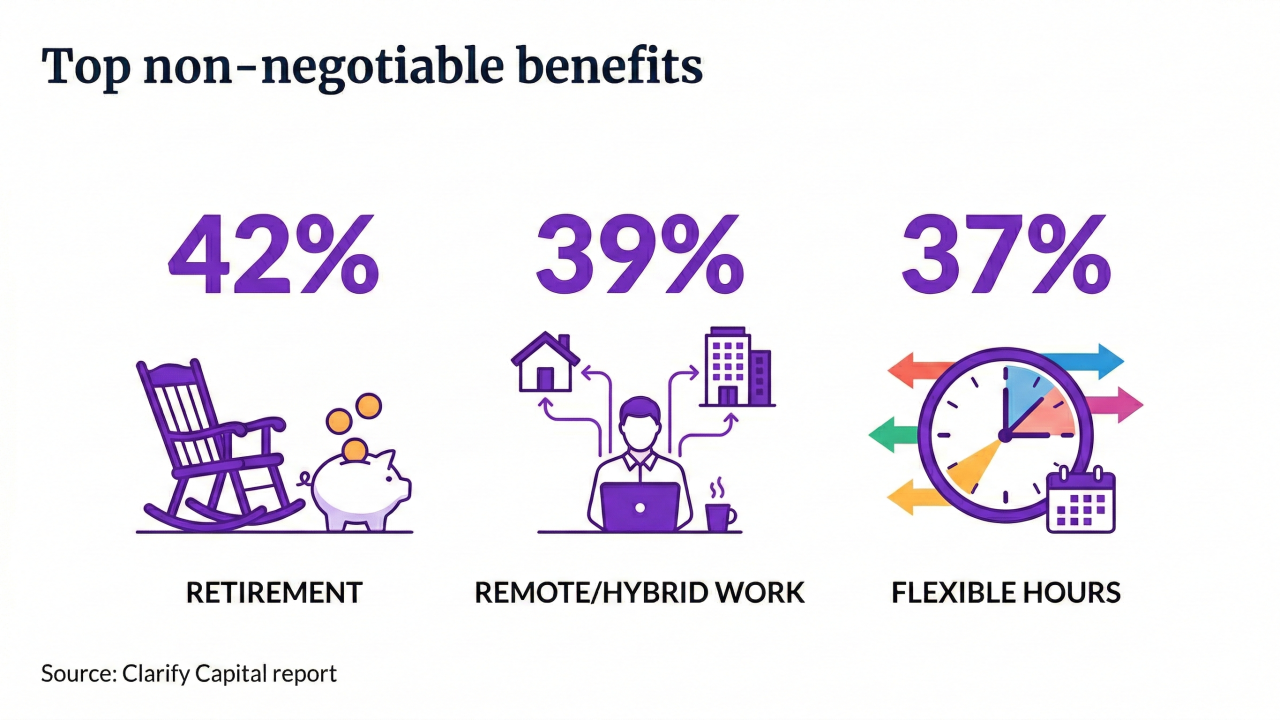IMGCAP(1)]
CHICAGO | Wed Nov 16, 2011 4:38pm EST (Reuters) - When it comes to retirement, many middle class Americans said 80 is the new 65 and plan to delay retirement because of worries over money, according to a new survey.
Wells Fargo bank asked 1,500 Americans who earned between $25,000 and $99,999 and ranged in age from 20 into their 70s questions about retirement, savings and Social Security for its seventh annual retirement survey.
Three-fourths of those surveyed said they expect to work in their retirement years. One quarter said they will "need to work until at least age 80" to live comfortably in retirement.
Of Americans who will work in retirement, "47% said that they are going to continue in the same job or a similar job of similar responsibility," Joe Ready, Well Fargo's director of institutional retirement and trust, told Reuters Insider.
"That raises a lot of social and economic implications. Will they have the physical ability to work, the mental capacity? What does that mean for the younger work force in terms of coming through and looking to get ahead?"
Three-fourths of Americans said it is more important to have a specific amount saved before retirement, regardless of age, while only 20% said it is more important to retire at a specific age regardless of savings.
In terms of saving for retirement, 53% of those surveyed said they need to significantly cut back on spending now to save for retirement.
"People are overwhelmed. They're not saving enough," Ready said.
On average, Americans have saved only 7% of their desired retirement nest egg, with a median of $25,000 saved versus a median retirement goal of $350,000.
"For several years now, we've seen that Americans are undersaving for retirement and a majority do not trust the stock market as a place to invest for retirement," Ready said.
"We did find a bright spot among middle class Americans — more than three-quarters do not want to retire with mortgage debt. This is an important goal, particularly for younger Americans," said Laurie Nordquist, director of Wells Fargo institutional retirement and trust.
Eighty-six percent of respondents said it's important to own their home debt-free by retirement.
On the issue of Social Security, there was an age divide. Those in their 60s expect Social Security to provide 46% of their retirement funding. But more than a quarter of Americans in their 20s and 30s expect no income at all from Social Security during their retirement.
(Editing by Greg McCune)
© 2010 Thomson Reuters.





